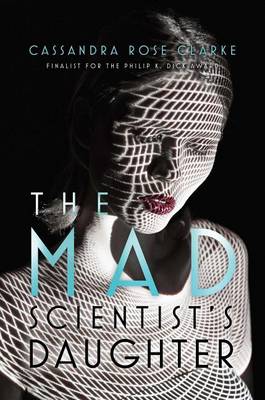Reviewed by zyarose on
This is one of those books that will stay with me for the rest of my life and I truly hadn't expected that.
I don't like writing reviews with spoilers (although I reserve the right to change my mind later on), but what I will say is that after I read this book I stared out through my spring filled window, and breathed, perhaps for the first time in a long time. I watched the journey of the main character, I saw her shatter and break, and then finally attain a sort of freedom... from herself. It was glorious, and heartbreaking, and it made me think about all my mistakes, and whether or not they will lead me to an eventual freedom.
This book made me feel, cliche, I know, but it pierced its way into my soul with its deftly written prose, its languorous descriptions that were just right and a tone that felt like wading through molasses at the speed of light (I may have taken some liberties with this metaphor, but I'm going to leave it there because it feels right).
I'll be over here drinking my cup of coffee, thinking about the book for the next few hours, while you should go out and get a copy and read it, because I said so.
Reading updates
- Started reading
- 3 May, 2014: Finished reading
- 3 May, 2014: Reviewed
